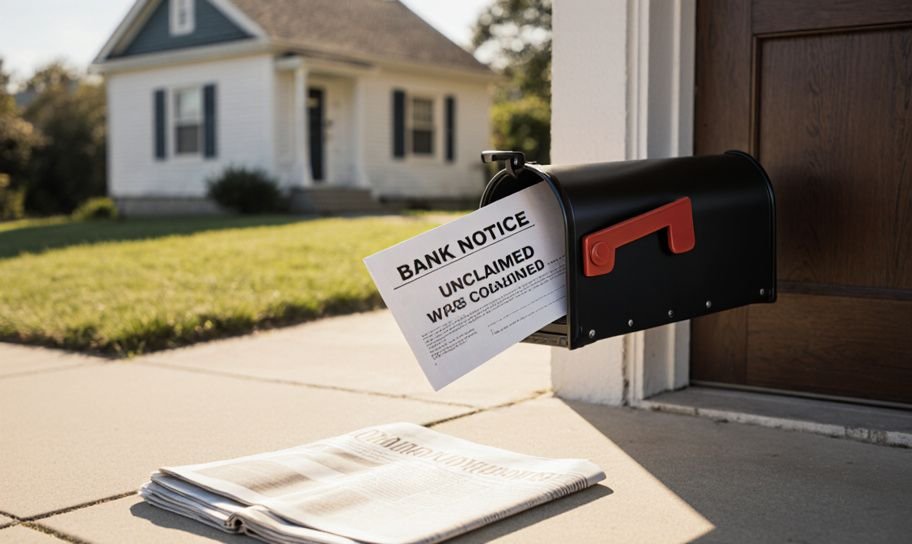
Summary: The Bombay High Court has decided that a previous order canceling a bank's recovery certificate needs revisiting. The case involves a loan dispute between Pimpri Chinchwad Sahakari Bank and Arun Namdeo Pote. Let's break down what happened.
Pimpri Chinchwad Sahakari Bank gave a loan of Rs. 2.5 crore to Arun Namdeo Pote, with two people promising to pay if he didn't. But Pote didn't pay back, leaving an outstanding amount of Rs. 2,64,55,423. The bank then sought a Recovery Certificate to get their money back.
The bank sent a notice to Arun Namdeo Pote, but it was returned unclaimed. So, they published it in a local newspaper. Pote didn't show up, and the Recovery Certificate was issued on May 8, 2019.
Arun Namdeo Pote claimed he only needed Rs. 90 lakh and accused the bank of giving him Rs. 2.5 crore by faking documents. He said the bank took Rs. 1.60 crore from his account without his permission.
Pimpri Chinchwad Sahakari Bank argued that they followed the rules for sending the notice and that Pote didn't pay 50% of the dues, which is required by law. They said Pote himself applied for a Rs. 3 crore loan, making his claims unfounded.
On January 17, 2022, the Divisional Joint Registrar agreed with Pote, canceling the Recovery Certificate. The bank wasn't happy and took the matter to the High Court.
Justice Amit Borkar looked into whether the Registrar was right to cancel the certificate and tell the bank to proceed under a different rule, which involves a full trial.
"The Registrar must ensure that every step of service is properly recorded." - Justice Amit Borkar
The court pointed out that the Registrar didn't check if Pote's dispute had any real support. The order to cancel the certificate was seen as too early.
The High Court canceled the previous decision and sent the case back to the Revisional Authority for a fresh look. They need to decide if the dispute requires a full trial or if recovery can proceed under the original rule.
The High Court has asked the Revisional Authority to take another look at the case, emphasizing the need for fair procedures and solid evidence for any disputes. Both parties will return to the Revisional Authority soon.